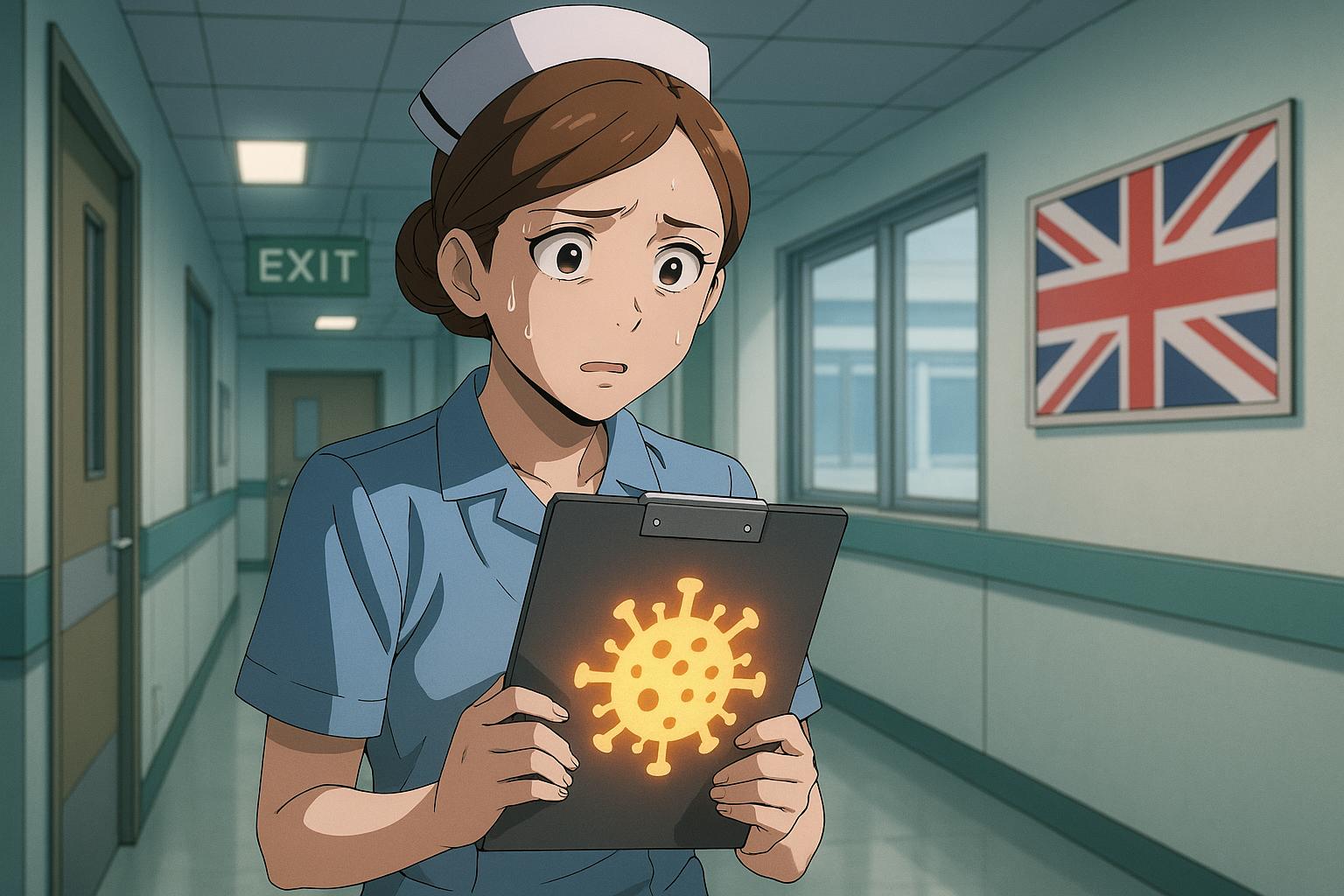British patients seeking affordable surgery abroad are increasingly returning home with life-threatening superbugs, a grim trend highlighted by nurses during a recent conference. Reports indicate a concerning 30 per cent increase in cases of antibiotic-resistant infections in UK hospitals, attributed largely to patients who have undergone operations overseas. The Royal College of Nursing (RCN) gathered data suggesting that complications such as horrific wounds, sepsis, and sometimes fatal outcomes have surged significantly in the past two years.
Patients, often driven overseas by lengthy NHS waiting lists and the high costs associated with private surgery, are flocking to countries like Turkey and various Eastern European nations. A report published in the BMJ revealed that around 5,000 individuals opted for weight-loss procedures abroad in 2024, surpassing the 4,500 who underwent the same procedures through the NHS in the 2021-2022 period. With NHS waiting times for such surgeries extending as long as four years, the appeal of cheaper options abroad becomes clear.
During discussions at the RCN conference, Nykoma Hamilton, an infection control nurse from Fife, noted an alarming rise in infections caused by carbapenem-resistant bacteria—often referred to as the "granddaddy of resistance". The infection control landscape in many countries outside of the EU lacks the strict regulations seen in the UK, where operating theatres are required to adhere to rigorous safety standards, including regular inspections and the use of sterilised equipment for each patient.
The stark differences in care quality between UK and foreign clinics have been echoed by district nurse Nicola Smith, who reported witnessing “horrendous wounds” in patients returning from overseas surgery. In one instance, a young woman experienced severe complications following skin removal surgery, returning home to have her large thigh wound poorly stitched and subsequently developing sepsis. Smith described the experience as tragic, underlining the quality of post-operative care in some foreign clinics—often marketed as luxurious holiday packages—was alarmingly inadequate.
The British Association of Aesthetic Plastic Surgeons (BAAPS) has issued a stark warning regarding the risks associated with surgery abroad. Their findings show a 44 per cent increase in patients needing NHS treatment for complications in 2021 compared to the previous year, with the vast majority of issues stemming from clinics in Turkey. In light of these statistics, BAAPS advocates for compulsory travel insurance for cosmetic procedures to ensure that complications incurred abroad do not unduly burden the NHS.
Nurses have stressed the need for better information for patients considering surgery abroad, urging they conduct thorough research on clinic safety and aftercare protocols. The RCN has expressed concerns not only about the health implications but also about the financial strain placed on the NHS; investigations indicate that it costs the NHS more to treat complications from overseas surgeries than it does to provide surgical procedures to patients within the UK. A study showed that complications presented to NHS Scotland over five years had a staggering financial impact of over £750,000, illustrating the significant costs linked to managing such cases.
Amidst rising concerns over the potential dire consequences of antibiotic resistance, experts assert that the increasing prevalence of superbugs could lead to a post-antibiotic era, where once manageable infections become fatal. Former chief medical officer Dame Sally Davies previously warned that the situation could be as dangerous as terrorism on a global scale, with projections estimating that by 2050, superbugs could claim 10 million lives each year.
As the issue of cosmetic surgery tourism continues to escalate, Health Secretary Wes Streeting has urged potential patients to think carefully about their decisions, acknowledging that the fallout of such choices often falls back on the NHS. The collective voice of healthcare professionals is calling for greater awareness, stricter regulations for clinics abroad, and a concerted effort to mitigate this burgeoning public health dilemma.
Reference Map
- Paragraphs 1, 2, 4, 5, 8
- Paragraph 3
- Paragraphs 6, 9
- Paragraph 7
- Paragraph 10
- Paragraph 11
- Paragraph 12
Source: Noah Wire Services
